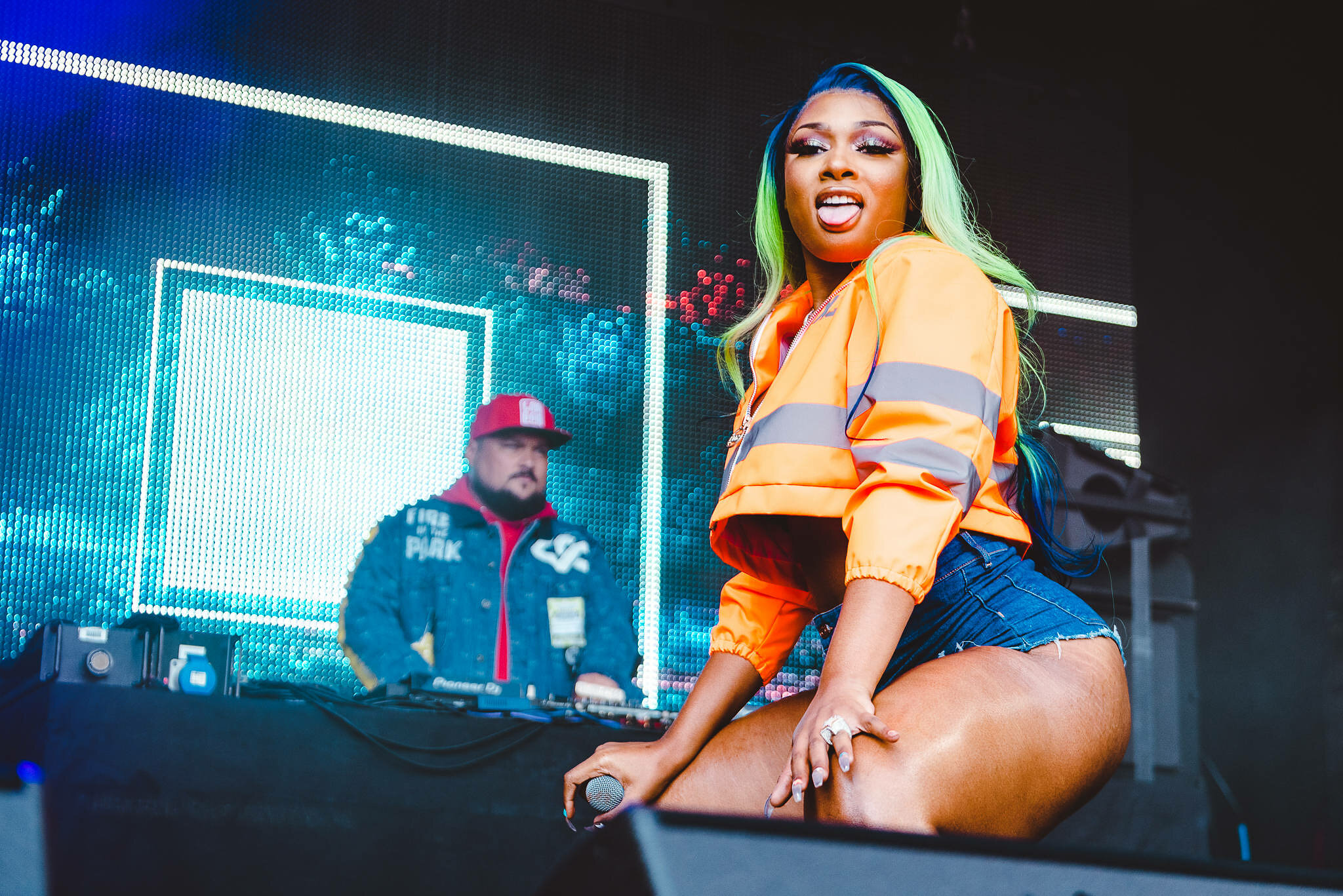On April 27th, Wireless Festival announced their 2021 lineup. In addition to general disappointment surrounding the chosen headliners, Wireless found themselves once again on the receiving end of an attack due to the lack of gender parity. In particular, the songstress Mahalia took to Twitter to deem the festival a “penis-fest” and truly what a cock-up they have made. Let us, therefore, explore the arguments surrounding why having gender-balanced festival lineups is such a tall order.
Female artists don’t draw in as big a crowd.
Looking at the edited lineup we see only five female names, which is abysmal for a festival of this notoriety. I find the dismissal that comes with the belief that artists who identify as women are not as well-known or don’t have as many songs inherently sexist. While the industry is heavily male-dominated, highlighted by initiatives such as the Smirnoff ‘Equalising Music’ campaign, however, we cannot simply accept this after a year like 2020, in which female artists dominated charts, award shows and online trends. Wireless majorly missed the boat on homegrown talent such as Shaybo, Lil Simz and Jorja Smith, as well as overseas artists like Tems, Chloe X Halle and Doja Cat, who would have made great additions.
It’s down to the money.
People fail to recognise the aim of the festival is profits. The saying goes ‘If it don’t make money, it don’t make sense’, and, as an ordinary festival-goer, the behind the scenes and inner-workings of these festivals are not known to us. It’s possible Wireless could have approached a wide range of female artists and been rejected perhaps because of the sum of money offered, which therein itself lies another industry issue. We’ve also seen Coachella-type contracts where artists are restricted from performing at other festivals after being booked.
Wireless always release more acts later on.
In 2018, the festival hosted an all-female stage after serious backlash and with surprise guests like Tiffany Calver “and friends” there is both time and room for Wireless to turn their lineup around. However, I believe female artists deserve better than this. It will either look like the festival is pandering or scrambling last minute. When we look at the likes of Parklife, praised for their range of artists, with Megan Thee Stallion headlining alongside performers such as Miraa May, Raye and Mabel, the solution could simply be to tell artists to simply go where they are celebrated.
Looking at previous years, we’ve seen notable Wireless headliners such as Drake, Rihanna, Jay Z and Nicki Minaj defining the transition from indie-dominated lineups to more rap acts booked with the shift in popular music. However, the constant refusal to update with the times begs the question of whether Wireless is losing their touch and who in fact they are trying to appeal to?

Header image: Megan Thee Stallion at Wireless 2019. Credit: James Bridle.

